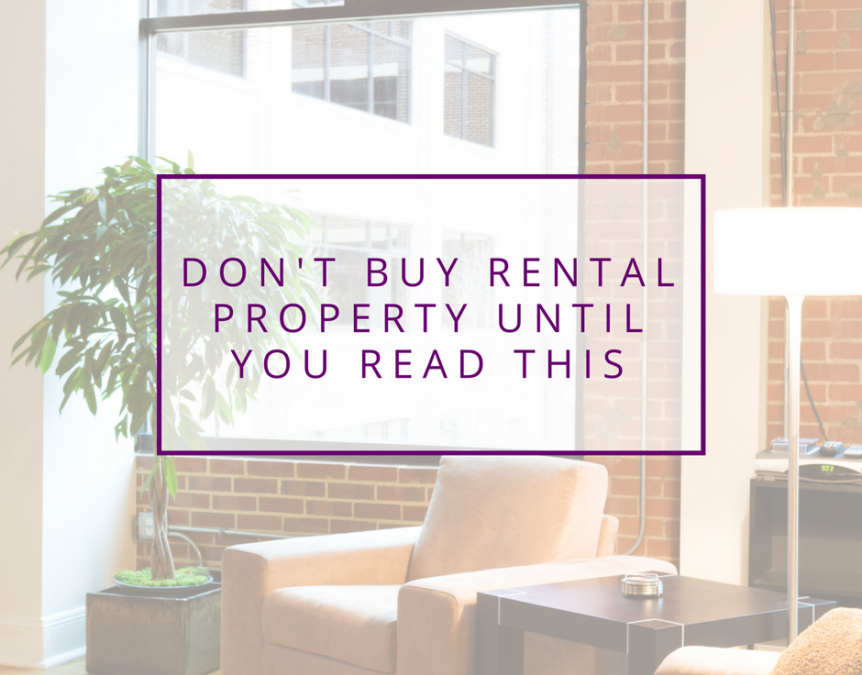So many beginning real estate investors underestimate their property expenses.
An easy way to remember your recurring rental property expenses is with the acronym “VIMTUM”.
Profitable real estate investors are focused on monthly cash flow. Monthly cash flow is your rent income (maybe you have some laundry or garage income too) minus all of your property’s expenses. Let’s focus on these expenses.
You need to “run the numbers” before making a purchase decision. Income minus expenses had better be a positive number. Otherwise, I don’t buy the property in the first place.
There are many recurring expenses that you must subtract from your projected income.
It’s easy for you to remember that you have a mortgage payment (principal plus interest) because that’s your largest expense. Note that your mortgage and all of your other expenses are 100% outsourced to your tenant in a cash-flowing property!
An easy way to remember your other recurring expenses is with the acronym “VIMTUM”:
Vacancy – This depends on your property type, the local job market, and more. 8% of the gross rent amount is often a good number, equating to about one month per year of vacancy. If you’re in a strong job market, 4-5% might work. You’re guessing here.
Insurance – Your lienholder requires you to have property insurance. Having a policy reduces your risk too. You can get quoted an exact number here.
Maintenance – Many underestimate this number, which can be 3% to 15%+ of the gross rent amount. This is where you must make your best guess based on the property age, history and other factors.
Taxes – You have a property tax obligation, often 1 to 3% of the property value annually, depending on the area. This is an exact number that’s easy to find in county or municipality records.
Utilities – In a single-family income property, your tenant typically pays utilities. The more units in a property, the more likely you’ll be paying the heat, electric, refuse, water, etc. Utility companies have historical records so you can make a close expense determination.
Management – If you don’t have a Property Manager then your income isn’t passive. If you self-manage, then you must factor in your time expense. Management fees are typically 3% to 10% of the gross monthly rent amount.
People like easy ways to remember things. I’ve never heard anyone else talk about V-I-M-T-U-M, so you might just impress your investor friend that this is an easy way to remember your recurring non-mortgage expenses for a rental property.
Thought getting your money to work for you creates wealth? It doesn’t! That’s a myth. My free, wealth-building E-book is now 100% free, 7 Money Myths That Are Killing Your Wealth Potential. Get it here for a limited time.



